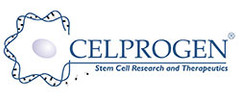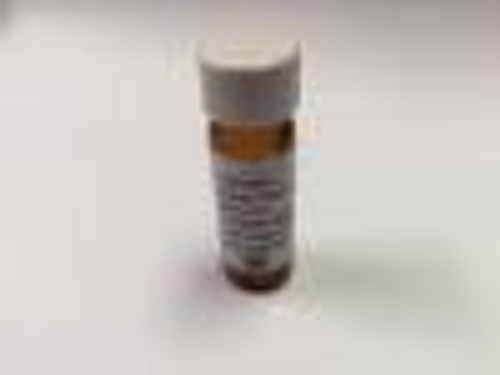Product Description
Exosomes are small, single-membrane, secreted organelles of ∼30 to ∼200 nm in diameter that have the same topology as the cell and are enriched in selected proteins, lipids, nucleic acids, and glycoconjugates. Exosomes contain an array of membrane-associated, high-order oligomeric protein complexes, display pronounced molecular heterogeneity and are created by budding at both plasma and endosome membranes. Exosome biogenesis is a mechanism of protein quality control, and once released, exosomes have activities as diverse as remodeling the extracellular matrix and transmitting signals and molecules to other cells. This pathway of intercellular vesicle traffic plays important roles in many aspects of human health and disease, including development, immunity, tissue homeostasis, cancer, and neurodegenerative diseases. In addition, viruses co-opt exosome biogenesis pathways both for assembling infectious particles and for establishing host permissiveness. On the basis of these and other properties, exosomes are being developed as therapeutic agents in multiple disease models.
How they are used in medicine
Regenerative medicine: Exosomes derived from stem cells are being used to promote tissue repair, such as in wound healing and regenerating damaged tissue.
Cosmetic applications: They are used in skincare to improve skin texture, elasticity, and collagen production, often delivered via serums or applied after procedures like microneedling.
Cancer therapy: Researchers are exploring their use in cancer vaccines and as a way to deliver anti-cancer drugs.
What Exosomes do
Intercellular communication: Exosomes transmit signals and molecules from one cell to another, influencing the function of the recipient cell.
Disease involvement: They are implicated in the progression of diseases such as cancer and neurodegenerative disorders. They can spread cancer-promoting molecules and even drug resistance between cells.
Therapeutic potential: Exosomes are being developed as diagnostic tools and for therapeutic applications.
Diagnostics: Exosomes in bodily fluids like urine or blood can serve as biomarkers for disease diagnosis and monitoring.
Therapeutics: They can be used to deliver drugs, promote tissue repair, and regulate immune responses.
Biomaterial composition: Exosomes are made of a lipid bilayer membrane and contain a variety of cargo, including mRNA, miRNA, and proteins. Their composition varies depending on the parent cell and its condition.








